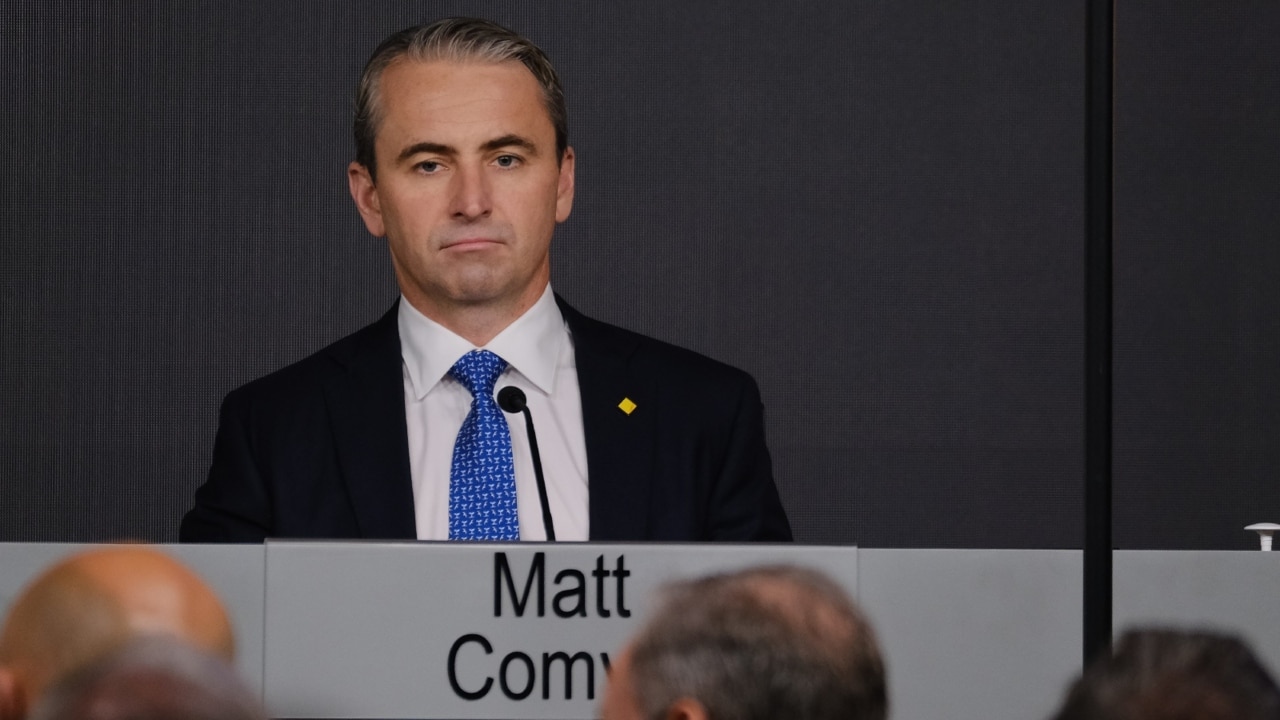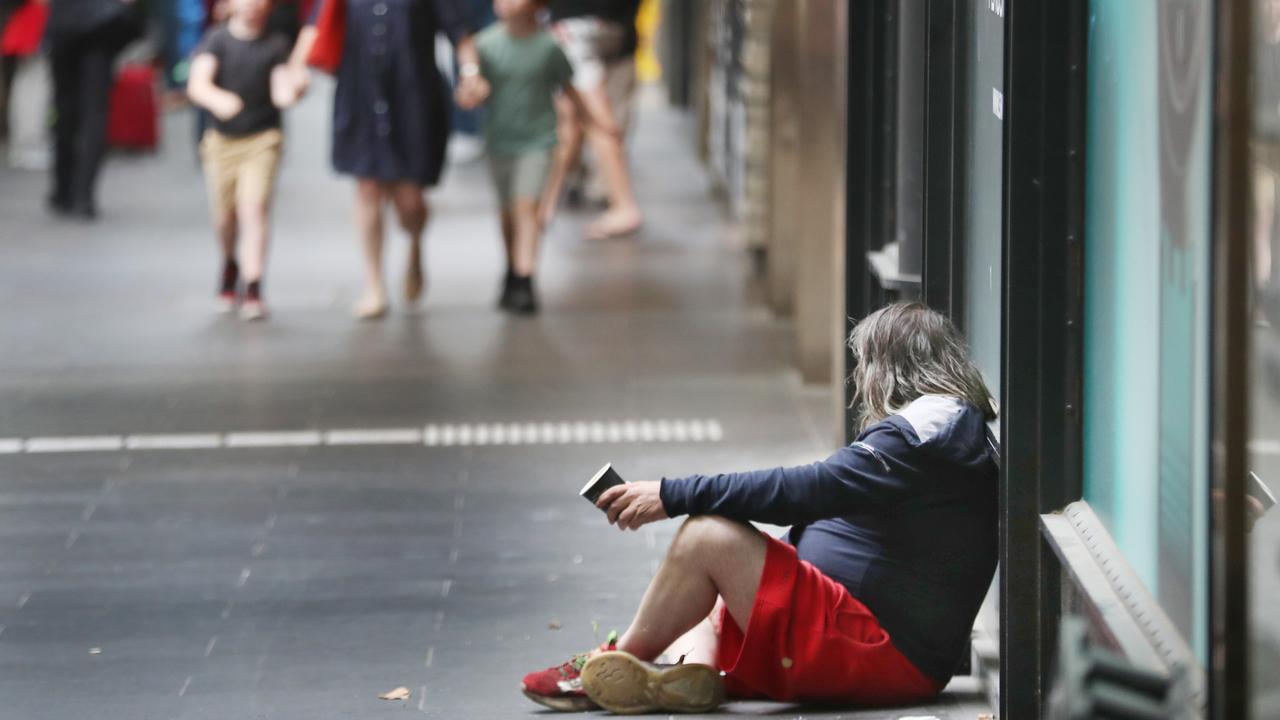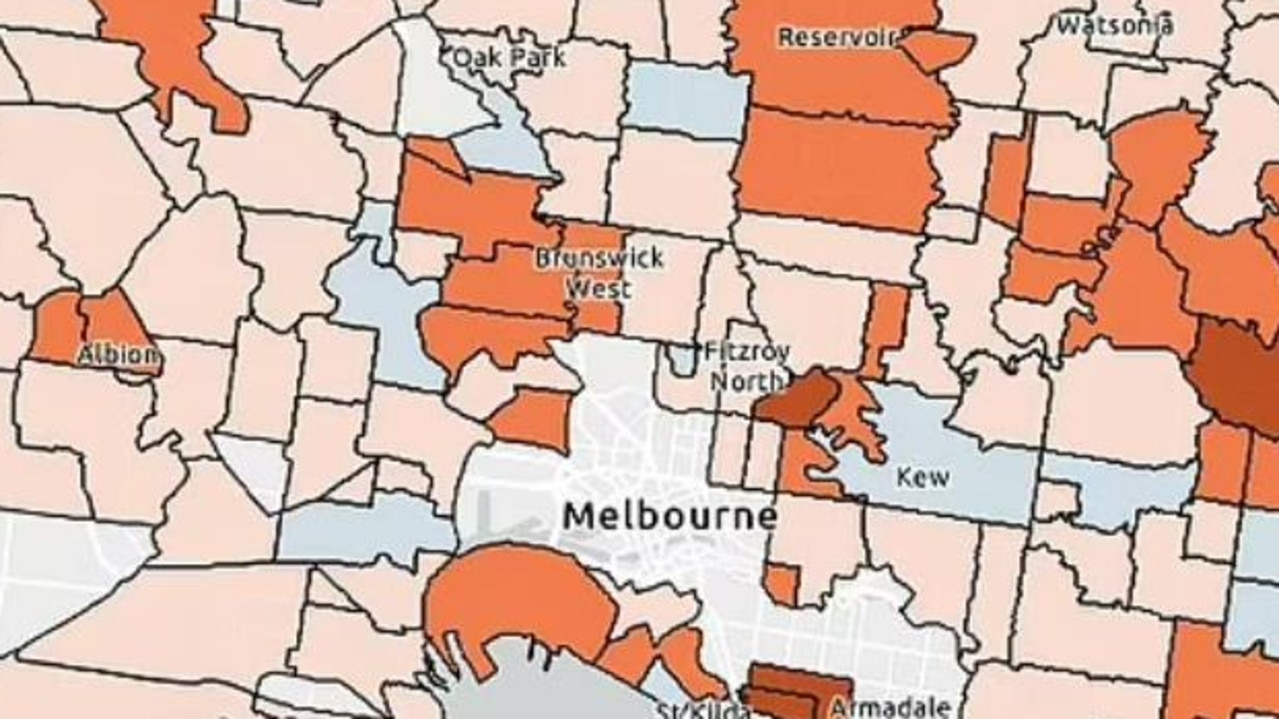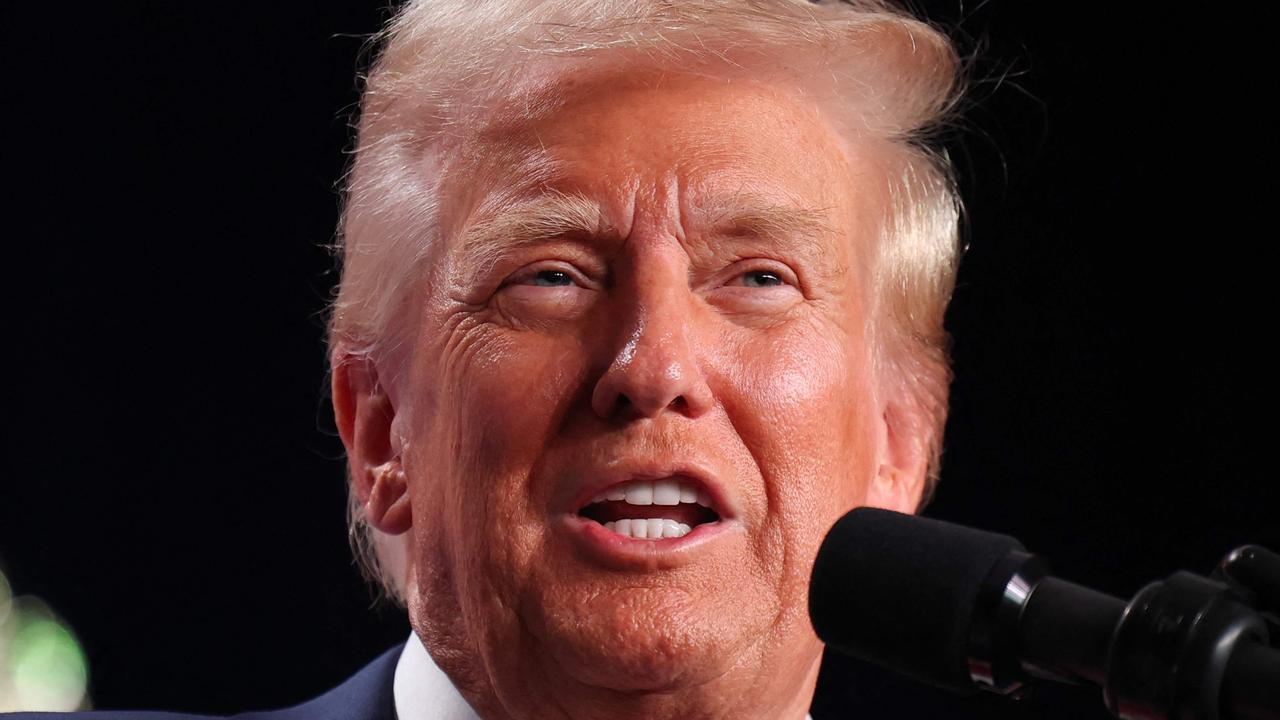RBA may not cut rates until 2025, CBA boss warns
The Reserve Bank may not cut rates until next year, the CEO of Commonwealth Bank has warned in a break with his own economists.

The Reserve Bank may not cut rates until next year in the face of persistent inflation, the chief executive of Commonwealth Bank has warned.
Matt Comyn told The Australian Financial Review on Wednesday that although Commonwealth Bank’s own economists predict the RBA will begin cutting rates from September, “there is certainly a possibility that could be delayed” after US inflation data came in stronger than expected in January at 3.1 per cent.
Economists had expected annual US inflation to fall from 3.4 per cent to 2.9 per cent, and the higher result sparked a sell off on Wall Street.
Mr Comyn, speaking after announcing the bank’s $5 billion first-half results, described the inflationary environment as “persistent”.
“[Rate cuts] will be data-driven and, clearly, inflation coming down should be the highest priority,” he told the newspaper. “There is some uncertainty about exactly when rates will come down and what the pace of the reductions might be.”
It came as Reserve Bank boss Michele Bullock defended the central bank’s decision to lift interest rates to their highest levels since 2011, while offering a cautious outlook for mortgage holders warning that inflation still remained “persistent”.

Ms Bullock appeared at a Senate Estimates hearing on Thursday, telling Senators that the move to lift interest rates for the 13th consecutive time in November was the right decision under the economic climate.
“It wasn’t a mistake to raise interest rates at that point. We were acting on information we had available, and that was an appropriate response,” she said.
Australian homeowners were hit with major pain after the bank lifted interest rates to 4.35 per cent in early November, piling on an extra $76 per month for families with a $500,000 mortgage.
The bank kept the cash rate steady at its first board meeting of 2024.
In Australia, the annual inflation rate fell to a two-year low of 4.1 per cent in the three months to December, easing from 5.4 per cent in the September quarter.
In its revised inflation forecast released last week, the RBA indicated that inflation could drop to 3.3 per cent by June 2024, lower than the predicted 3.9 per cent.
Ms Bullock welcomed a global decrease in inflation, but warned that services inflation in Australia remained “elevated”.

“Our view, and it’s reflected in our forecasts, is that inflation is being persistent. But we are seeing it come down and back in the band in 2025,” she said.
Ms Bullock said aggregate demand was still above aggregate supply.
“We need to make a distinction here between levels of demand and growth rates of demand,” she said.
“So yes, growth rates are slowing, but aggregate demand is still above aggregate supply, and that’s what’s generating inflationary pressures.”
Treasury official Steven Kennedy told Senators on Tuesday that inflation was on track to fall to 2.75 per cent next year, with “no evidence of a wage-price spiral” and “no evidence of a change in inflation expectations.”
Ms Bullock indicated that the central bank thought Australia’s economy was headed in a good direction.
“We think we’re in a good position to get inflation down in a reasonable amount of time while still keeping employment growing,” she said.
New data on Tuesday revealed that the country’s unemployment rate jumped to 4.1 per cent in January, the highest in two years.
— with NCA NewsWire





